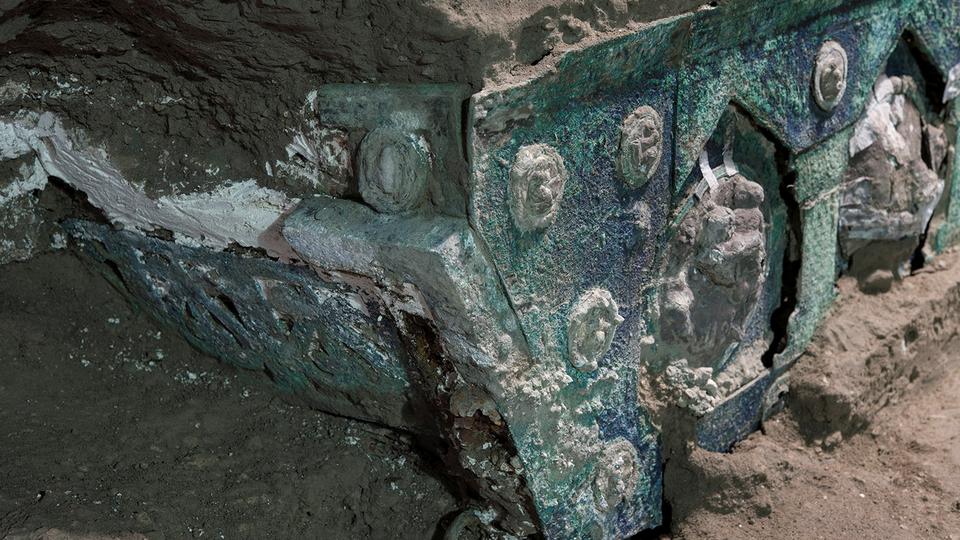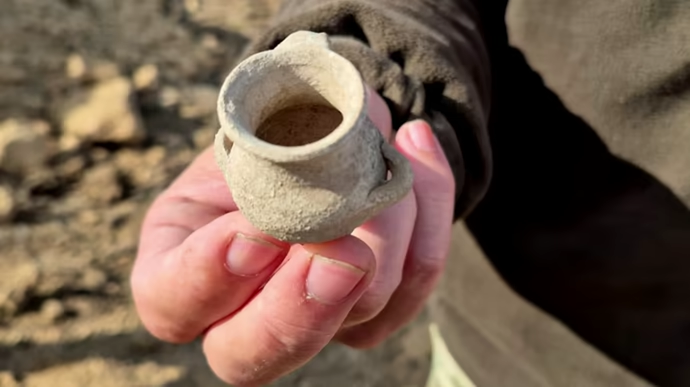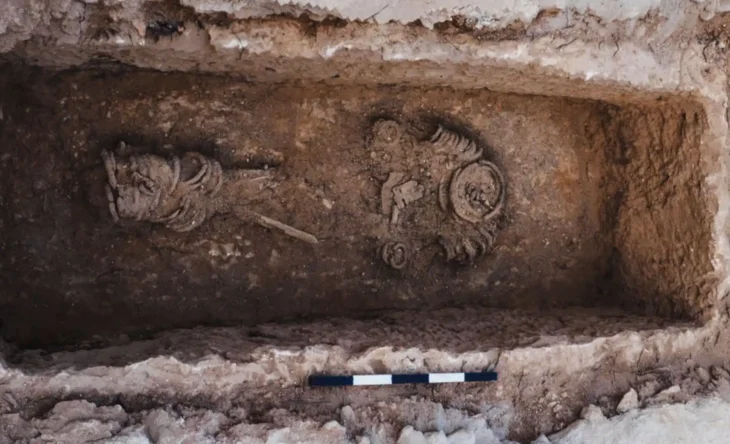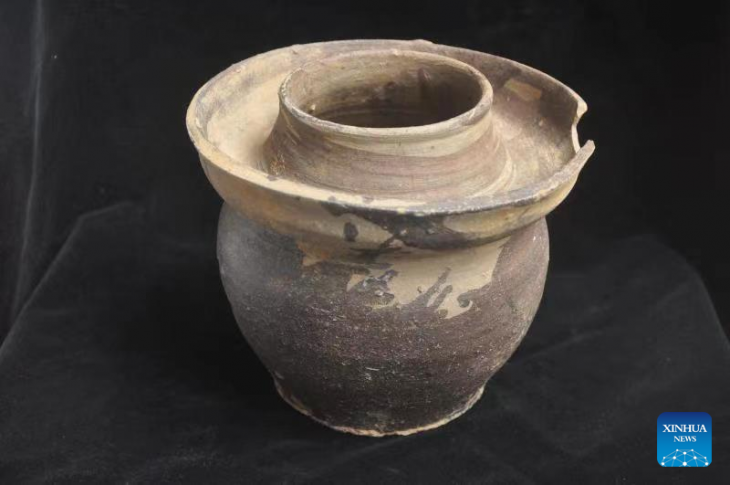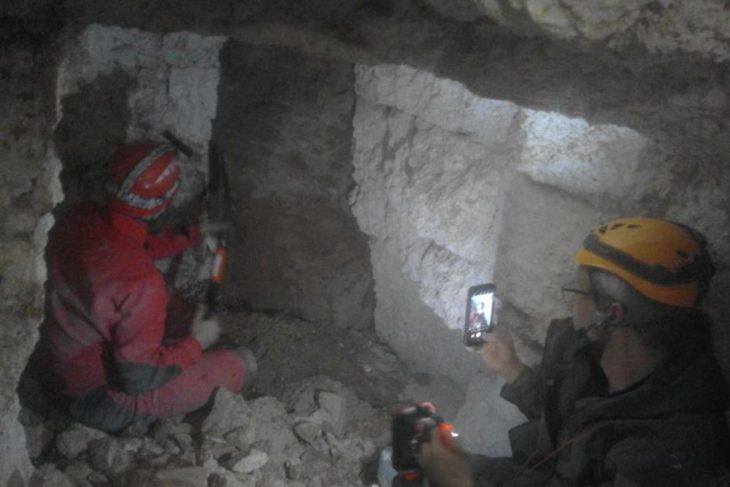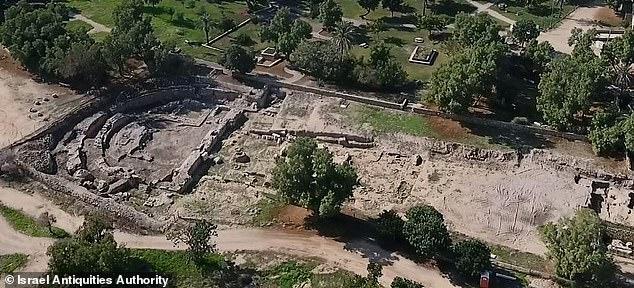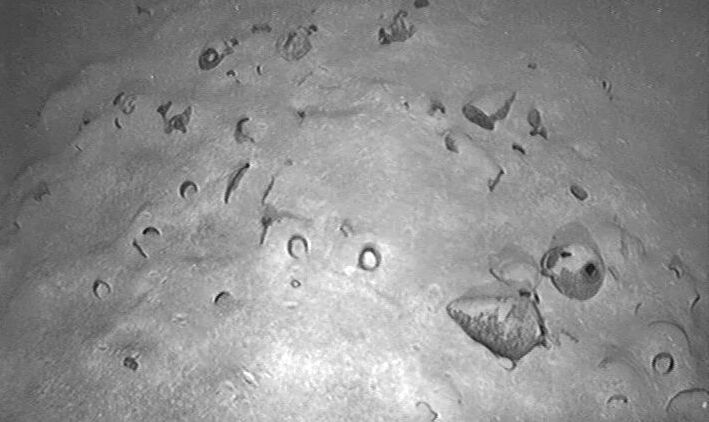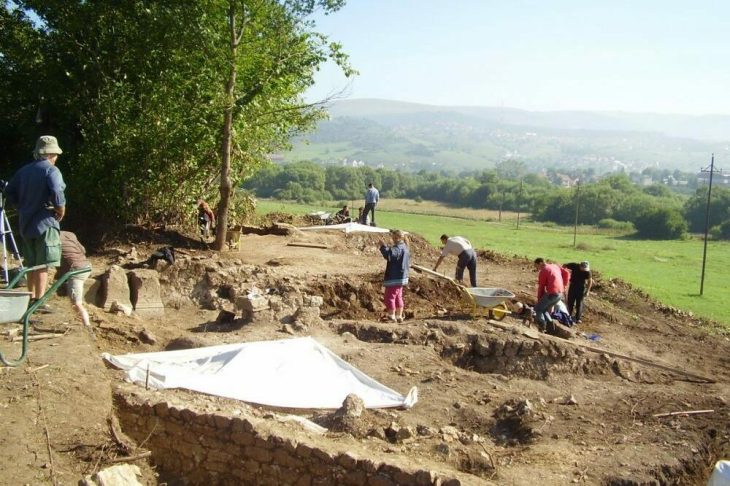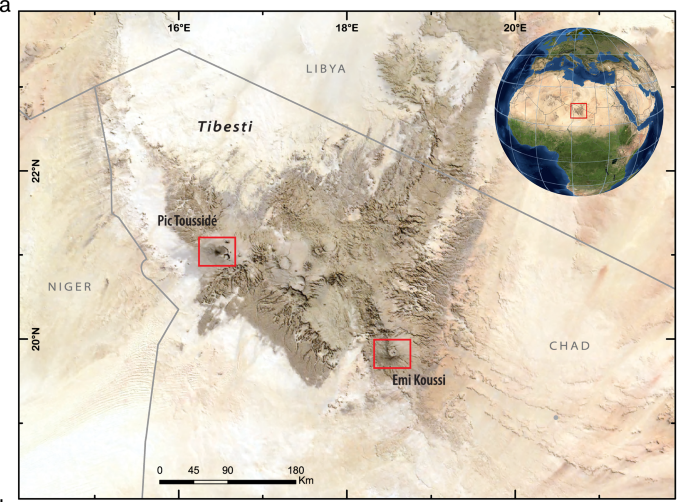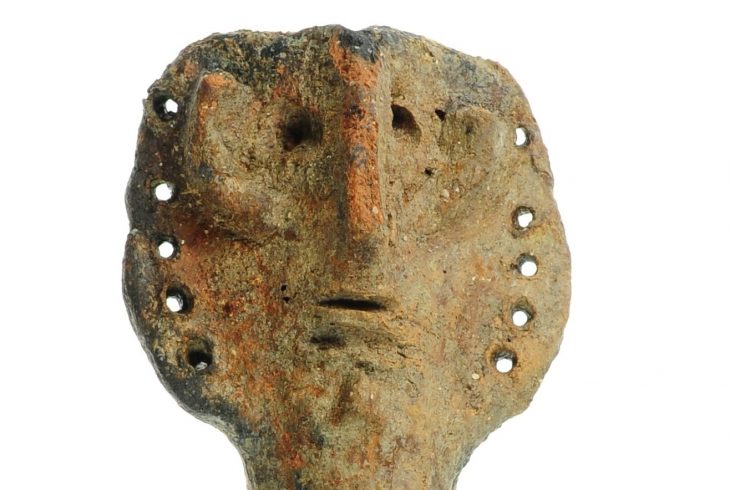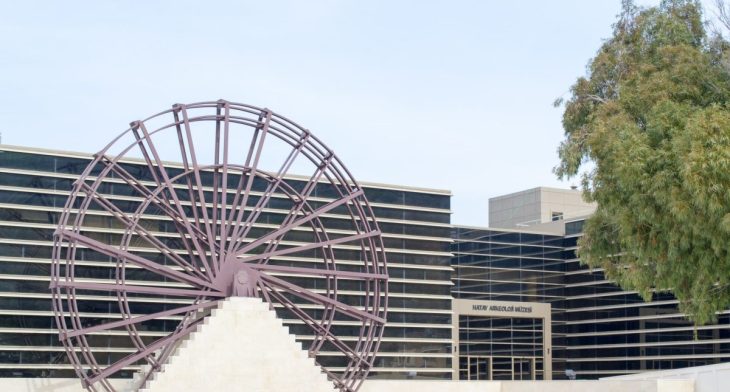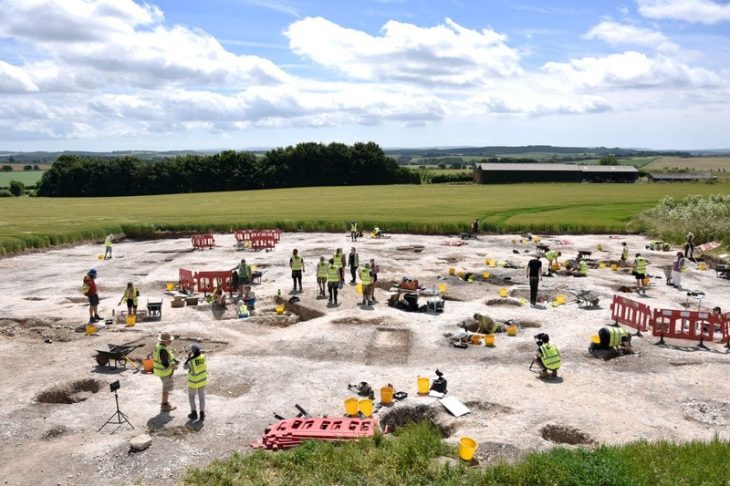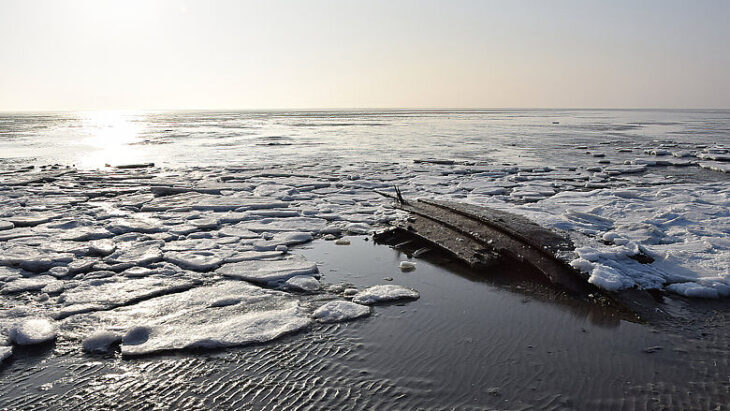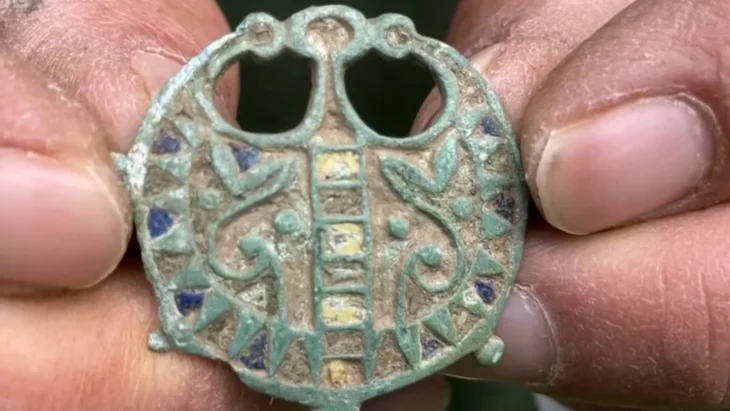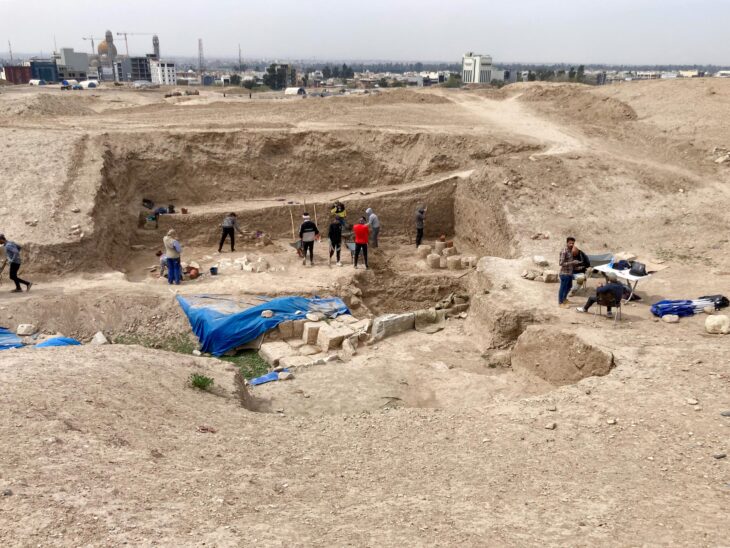The Archaeological Park announced that a gorgeous Roman chariot was found “almost intact” near Pompeii, where it was buried, calling it an “unparalleled” discovery in the country.
A four-wheeled procession carriage was found in the portico to the stables, where the remains of three horses were unearthed in 2018, including one still in harness.
When Vesuvius erupted in 79 AD, Pompeii was buried in boiling lava, killing 2,000 to 15,000 people.
“A large ceremonial chariot with four wheels, along with its iron components, beautiful bronze and tin decorations, mineralised wood remains and imprints of organic materials (from the ropes to the remains of floral decoration), has been discovered almost intact,” a statement issued on Saturday by the archaeological park said.
The excavation site is known as Civita Giuliana, a suburban villa located just a few hundred meters from the ancient city of Pompeii.
📣 Our WhatsApp channel is now LIVE! Stay up-to-date with the latest news and updates, just click here to follow us on WhatsApp and never miss a thing!!
The excavation work is part of the area’s plan to combat illegal activities, which includes digging tunnels to reach cultural relics that can be sold on the illegal market.
The park’s statement stated that the looters had missed the room where the chariot had been placed for nearly 2,000 years, and both sides were digging holes.
It added that experts excavated the vehicle very carefully, such as pouring plaster into the void to “protect the mark of any organic material that has decomposed.”
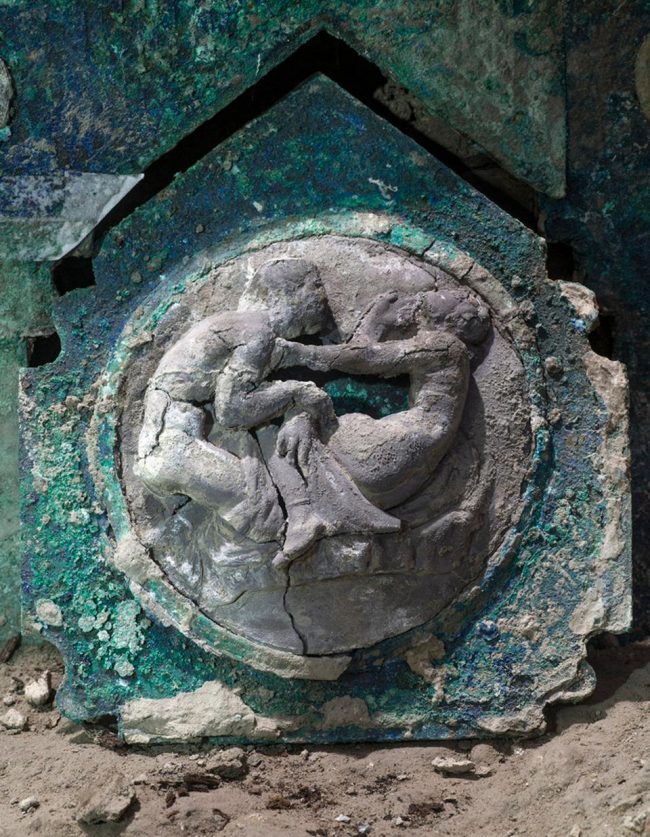
Park said this allowed him to emerge well preserved down to the imprint of the ropes, “thus revealing the chariot in all its complexity.”
“Pompeii continues to amaze with all of its discoveries, and it will continue to do so for many years yet, with 20 hectares (50 acres) still to be excavated,” Culture Minister Dario Franceschini was quoted as saying.
‘A ceremonial chariot’
“It is an extraordinary discovery for the advancement of our knowledge of the ancient world,” added Massimo Osanna, outgoing director of the park.
“What we have is a ceremonial chariot, probably the Pilentum referred to by some sources, which was employed not for everyday use or for agricultural transport, but to accompany community festivities, parades and processions.”
The remarkably well-preserved remains of Pompeii have been slowly discovered by teams of archeology specialists.
It is the third most visited tourist site in Italy, attracting more than 3.9 million visitors in 2019. The ancient city was closed after the coronavirus hit and only reopened on January 18.

